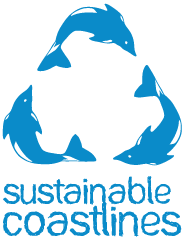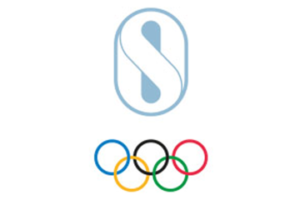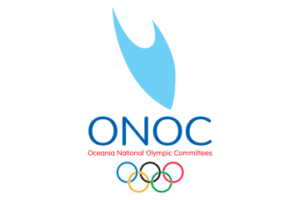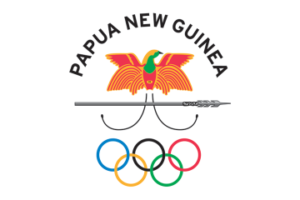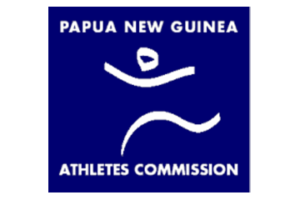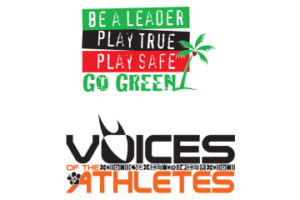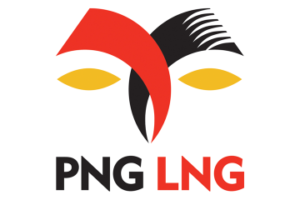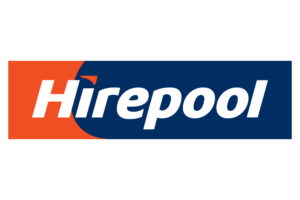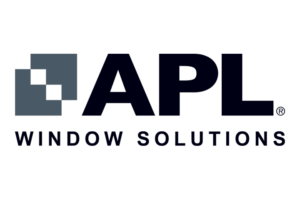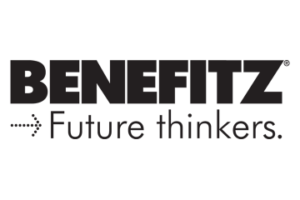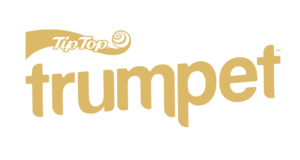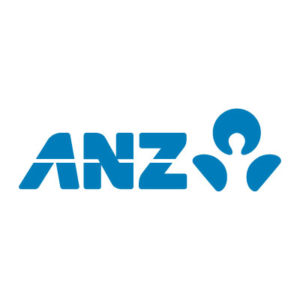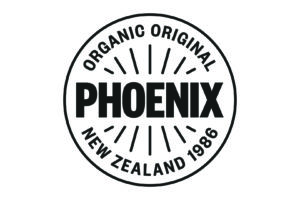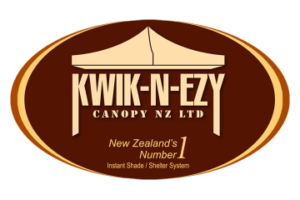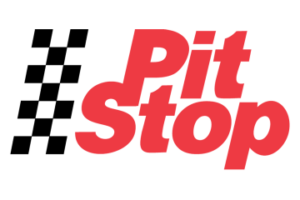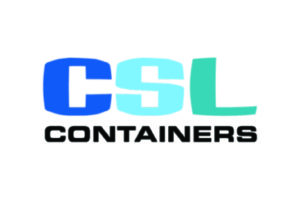This report provides an overview of the work carried-out by representatives from the Papua New Guinea Sports Federation and Olympic Committee (PNGSFOC) Athletes Commission and New Zealand based NGO Sustainable Coastlines from 15 October – 30 November 2012 in setting up the Sport and Environment Program in Papua New Guinea.
Background
To compliment the existing ‘Play Safe’ and ‘Play True’ awareness campaigns under the ‘Voices of the Athletes’ program, the PNGSFOC – through their Athletes Commission – invited two representatives (Ryley Webster and Torrey McDonnell) from New Zealand based NGO, Sustainable Coastlines, to assist in setting up their new Sport and Environment Program.
Sustainable Coastlines is a New Zealand-based charity that coordinates and supports large-scale coastal clean-up events, educational programs, public awareness campaigns, riparian planting activities and other projects aimed at looking after coastlines around New Zealand and the Pacific.
In 2010 Sustainable Coastlines worked with other New Zealand non-profits to launch Love your Coast: an ongoing resource to help people around the world learn how to look after the coastlines we all love and raise large scale awareness about issues faced by communities as a result of non-biodegradable waste. Through the project website, www.loveyourcoast.org, anyone can learn about the issues affecting coastlines, find clean-up events, create their own clean-up events and share their results for free. The project informs and motivates communities to look after their local environment through simple, hands-on educational solutions.
The Love your Coast project was adopted as the initial program to be run under the PNGSFOC Sport and Environment program. It would be implemented in two initial stages, after which an analysis and 3-year plan for further development of the program would be undertaken.
The first stage of this program saw Webster and McDonnell travel to Port Moresby from the 15th October to 29th October 2012 to introduce the resources and presentation techniques that Sustainable Coastlines have proved to be very effective in New Zealand and other Pacific nations. Awareness presentations and presenter/educator training was conducted with 2,104 PNGSFOC staff, athletes, schools and businesses in the lead up to a big public clean-up day at Ela Beach, Port Moresby. This iconic location is also in planning to be the triathlon venue for the 15th Pacific Games in 2015.
The second stage of the program was carried out at the 5th PNG Games in Kokopo, East New Britain, from the 19th to 30th November 2012. Webster (Sustainable Coastlines) and Kila Mala (PNGSFOC) travelled to Kokopo under the Voices of the Athletes program. They delivered educational presentations to 1,320 athletes and team officials and identified leaders amongst the athletes and team management from a number of different provinces to further engage in the program in the coming years.
Key objectives
- To identify and train existing and potential leaders (with a focus on athletes and sporting representatives) in the delivery of the Love your Coast litter awareness presentation for ongoing dissemination of this message.
- Increase athletes’ skills for work after their sporting careers.
- To spread awareness messaging to the general public on the effects of litter in the marine environment and on human health.
- Motivate people to take positive action to address the issues they face in their local environment.
- To establish the need and capacity for the ongoing delivery of litter awareness messaging.
- To share resources and expertise for educating communities on the effects of litter in the marine environment and generally for pro-environmental behavioural change.
- Establish key contacts from a variety of sectors and provinces to support and contribute to the ongoing nature of the program.
- To gain an overview of the waste management systems currently in place in Port Moresby and identify opportunities to incorporate locally-relevant waste minimisation education into awareness messaging.
Findings
This project identified a number of findings that will provide a strong background and direction for the further development of the Sport and Environment Program:
Single-use plastic challenge
Throughout the course of the project it was clear that there is a challenge with the amount of single-use plastic products (plastic bags, wrapping, plastic bottles, bottle caps etc.) littering the streets of cities, towns and villages. These plastic items then make their way into drains, streams and rivers, eventually ending up in the marine environment where they have significant impacts on marine life and human health.
A large percentage (estimated at 85%) of the 1.625 tonnes (13,000 litres) of rubbish removed from Ela Beach on 27 October 2012 was made up of single-use plastics further highlighting the connection between littering behaviour on land and its effect on the coastal environment.
It was found that awareness about the effect of littering behaviour in Port Morseby is currently very low. This indicates that education programs will be crucial for this community to go about tackling the challenge: reducing their dependence on single-use plastics and motivating people to dispose of such material appropriately.
Ongoing need for improved waste behaviour
Traditionally, rubbish has been disposed of at sea or on land, which hasn’t posed any major environmental or health affects due to its previously biodegradable nature, however, with the large volumes of non-biodegradable waste (predominantly plastic) now being created, new methods of disposal are required.
Improved behaviour around disposal of waste is clearly required at both an individual and community level.
The litter problem and poor waste disposal practices throughout PNG affects public places and many sporting venues. Littering, dumping and burning of waste are commonplace. This affects tourism, the marine environment and also impacts people’s health: fish that people eat can be contaminated by consuming plastics, toxic smoke from burning rubbish is extremely poisonous and rubbish also makes a perfect home for mosquitos to breed and spread diseases.
Recent data gathered from waste audits in Port Moresby, conducted by the National Capital District Council (NCDC), have indicated that the current waste generation statistics per person are 0.71kg per week. This provides a useful benchmark enabling comparative analysis to gauge the effectiveness of education programs and awareness campaigns going forward.
The Department of Environment and Conservation (DEC) have commissioned a National Waste Strategy to be implemented in the next 1 – 2 years. Awareness campaigns and educational work should work alongside the national, regional and local level systems that are to be implemented as a result of this strategy.
Inadequate waste managements systems to compliment program
Port Moresby lacks infrastructure and investment in waste relative to the population. To maximise the effectiveness of educational and awareness programs about waste appropriate systems need to be in place to compliment the messaging e.g. sufficient rubbish bins, recycling systems, waste separation, collections and well-designed landfills.
Port Moresby’s population grows annually with urban drift and experiences high population density putting pressure on the capacity of current waste systems. The city’s landfill at Baruni is in the initial stages of re-development, however, arguably, it will not be long before this facility has reached capacity given the increase in waste generation as a result of population increase. (Extrapolated year 2000 census data indicates that estimated solid waste for Port Moresby in 2012 is about 27,000 to 50,000 tonnes and for the year 2014, the projected solid waste for Port Moresby is 49,000 to 71,000).
Investment in facilities, systems and waste infrastructure should occur concurrently with investment in education and understanding around the impacts of waste. Through education young people and communities will see the need for improved infrastructure.
It is likely that less populated areas around the country (including offshore islands) are also experiencing similar issues with lack of waste systems and infrastructure and through education communities can devise locally-specific practical solutions.
Strong education outcomes
Throughout the course of this project 3,424 people received the Love your Coast educational presentation. Through verbal feedback, perceived engagement levels and survey results it was clear that participants found the presentation both enjoyable and that it had a high impact, with strong levels of retention of information and indications of intent to change behaviour in a positive way.
Surveys filled out by 488 athletes, team management, and sporting officials from 11 different provinces, during the PNG Games in Kokopo, indicated that:
- 79% of participants understood ‘all’ or ‘most of’ the presentation content
- 70% of participants said that they learnt ‘A lot’ from the presentation
- 97% of participants would share the information they learned during presentations with others
- 95% of participants would change their behaviour around littering and disposal of rubbish as a result of what they learned
A full breakdown of the survey results can be found by clicking here.
Ongoing need for coastal clean-up activities
A large number of presentation attendees in Port Moresby (including athletes, team officials, students, private and public sector employees) attended the Ela Beach clean-up event and the activity was widely enjoyed. This indicates that the educational presentation prompted positive action and the clean-up provided an excellent opportunity for participants to act on their positive behavioural intent.
Through the ongoing initiatives set up by BSP (who run an established ‘Go Green’ clean-up and awarenss campaign with over 35 ambassadors throughout PNG) and Inter Oil (among others) coastal clean-up events have become an established community activity. Clean-ups are clearly an important way to reconfirm the connection between littering behavior and the coastline.
Athlete-run beach clean-up events will be an important aspect of the Sport and Environment program in the future, by providing the said opportunity to act and also as a teambuilding/leader training activity that will show athletes in an even more positive light within communities.
Need for further awareness resources
There is an on-going need for people to understand the effects of non-biodegradable waste to enable people to make better decisions around what they consume and how they dispose of it.
It was clear from discussions with a large number of teachers, educators from local council departments, and community members, that there is very little educational content in this field. Further resources are required to deliver and spread the educational message.
A number of educational institutions indicated that they had participated in beach or school-ground clean-ups in the past, however, the students benefited greatly from receiving an educational background to reconfirm the clean-up’s purpose.
Project participants – including athletes, team management, teachers, principals, church leaders, government and municipal council representatives, and community group leaders — expressed enthusiasm for receiving both digital and printed versions of Love your Coast awareness resources.
Locally specific material (imagery and examples) proved particularly effective in engaging participants. Based on this finding it has been decided that resources should be tailored to include local examples when the S&E Prog is introduced to each of the provinces in Papua New Guinea (and across Oceania in other projects). Budget and time will need to be invested for the compilation of this material for the Love Your Coast program to have maximum impact.
Working with athletes proves effective
Athletes and sporting representatives have a unique opportunity to utilise their status within society to advance educational messages. We noticed that when athletes presented to schools and communities, there was a much greater likelihood for communities to adopt better practices around disposal of waste.
This was because people who garner immediate respect through sporting achievements delivered the message and indicates that the broader rationale of up-skilling athletes to deliver environmental messages is sound, boding well for the future of this program.
Kila Mala – a provincial dragon boating representative and staff member at PNGSFOC – proved to be a very effective presenter after receiving training from Webster and McDonnell. They found that school students and community members were more engaged when Mala presented.
Mala accompanied the Sustainable Coastlines crew to presentations with schools and athletes on four occasions prior to presenting to around 1,160 people himself with a similar level of engagement according to the surveys. This is an excellent indication of the training system working in practice.
A representative of the NCD province Hockey team, Milton Angat Giali Kisapai, also attended a number of presentations and proved to be very useful in influencing communities.
Working with athletes improves post-sporting career skills
50 athletes and team management officials attended a presentation techniques workshop delivered by Webster and McDonnell with excellent feedback.
This indicates that athletes are keen to develop such skills, willing to invest their time to develop such skills and also that further workshops would be a well-received and effective tool for improving skills that will assist athletes to gain employment during and after their sporting careers.
By continuing training sessions as started by the PNGSFOC with Sustainable Coastlines, athletes that engage with the program will have the opportunity to gain important life skills such as: public speaking techniques, event management/marketing skills, improved health practices and budgeting.
Media are a key tool and are willing to assist in educating the community
Significant media attention was received throughout the project, with three features on national television, interviews on two radio stations and coverage in the national daily newspapers ‘Post Courier’ and the ‘National’.
This coverage extended the reach of the awareness message far beyond the participants who engaged directly, showed the participation of athletes in a a positive program, creating a large launch and provided a strong precedent to help secure future project sponsorship opportunities.
Sustainable Coastlines has had significant success garnering media attention for programs in New Zealand and the Pacific and are planning to include a workshop for media training as part of what can be offered in this program.
Port Moresby: 15 – 29 Oct 2012
- EmTV interview and filming whilst presenting to ‘Just Play’ young footballers (Filmed on Wed 24 Oct)
- Kalang radio interview and talkback (Recorded Tues 23 October)
- Press release featured in Post Courier and National newspapers (Tues 30 October – see appendix)
Kokopo: 19 – 30 Nov 2012
- EmTV interview and filming of presentation to Milne Bay province (Wed 21st November)
- Press release featured in the Post Courier and National newspapers (Fri 23 November – see appendix)
- Press release featured in the Post Courier Weekend newspaper (Sat 24 November – see appendix)
- Kundu TV live prime time feature (Wed 28 November)
- NBC radio interview (click here to listen)
Entertainment & education an important association
The mix of entertainment, fun and education has proven to be successful in past projects and helps to position Love your Coast activities as desirable rather than a community service or obligation.
Throughout the course of the program, entertainment alongside education proved to be an effective method of communicating awareness messaging. Films incorporated into the presentation and theatrical presentation techniques were particularly useful during school and community visits.
During the public clean-up day on October 27th a number of initiatives combined to create a festive and fun atmosphere that enticed the general public to get involved. Alongside music and food for participants, an educational display with images and facts about the impact of non-biodegradable waste proved very popular, as did a live public art piece of the Pacific Games 2015 logo created by national triathlete Mairi Feeger from rubbish picked up on the day.
Strong support from a variety of sectors is promising for future
The initial phase of the Sport and Environment program was widely supported from a number of different sectors despite a short notice period.
Athletes and sporting representatives from a range of disciplines showed very high engagement levels and willingness to be involved with the program on an ongoing basis. This bodes well for Sport and the Environment programs to become an extra incentive for attracting further sponsors to support the PNGFSOC and other NOC’s around Oceania in the future.
Esso Highlands Ltd. was hugely supportive of the initial phase of the Sport and Environment program. Approximately 45 of their staff attended an awareness presentation and about 60 of their staff and family members helped to clean-up Ela Beach.
Three staff members also attended ‘train the trainer’ sessions to learn presentation techniques and content that would enable them to conduct the Love your Coast presentation to their communities. Prior to the launch of the Sport and Environment program ESSO Highlands Ltd. was not a financial sponsor of the PNGSFOC. As a result of their involvement in the program they have since provided significant financial support not only towards the development of the program itself but also to other activities conducted by the PNGSFOC. The growth of this relationship is a great example of how NOC’s can extend their network of sponsors through the implementation of their own Sport and Environment program.
The National Capital District (NCD), Port Moresby, was hugely supportive of the first phase of the program providing equipment and significant human resources.
Operational support for the program also came from BSP, Coca Cola, Steel Industries, the Department of Environment and Conservation, Motu Koita Assembly, numerous educational institutions, church groups, local care groups and sports teams.
Such a wide base of support indicates strong opportunities to build the capacity of a great variety of people in Papua New Guinea through the future development of the Sport and Environment program.
Conclusion
The initial phase of the PNGSFOC’s Sport and Environment Program has proven an ongoing community need for improved waste behaviours, coastal clean-up activities and litter awareness work in Papua New Guinea. It has identified that athletes and sporting representatives can provide an important resource to assist in advancing environmental education messages whilst also gaining important life skills themselves.
It was clear through the enthusiastic and wide-ranging support received from a wide range of sectors, that the program was popular. By connecting simple, individual actions with a common and highly tangible problem, the Love your Coast project provides the perfect opportunity for an achievable community-owned and run solution.
The next stage of development for the Sport and Environment program should look to compliment the existing programs already in place through companies such as BSP and Inter Oil as well as utilise existing networks and organisations with social responsibility focuses to advance messages around improved waste behaviour. The program should also grow alongside and in conjunction with national, regional and local waste management strategies currently in the development stage.
The major objective of future work is to fully train athletes, sporting representatives, community leaders and other interested parties as Sport and Environment ‘ambassadors’ in as many Papua New Guinean communities as possible. These ambassadors would then be in a position to independently conduct ongoing litter awareness, prevention and clean-up activities with the support of the PNGSFOC.
